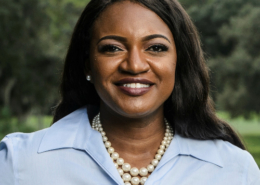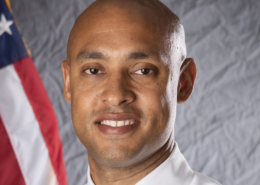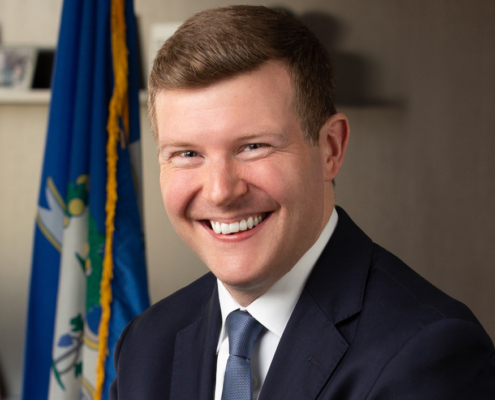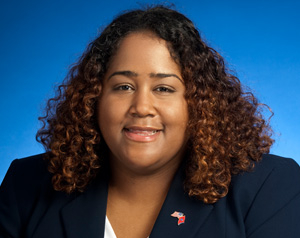Subscribe
Recent News

Arizona opinion: Clean energy is powering state’s economy
MediaArizona opinion: Clean energy is powering state's economy By…

Opinion: This November, let freedom ring!
MediaFentrice Driskell and Debbie Cox Bultan | Floricua

Williamsport Mayor Slaughter named to national young Democratic leaders group
MediaChase Bottorf | WVIA News

Williamsport mayor selected to join national leadership network
MediaCarrie Pauling | North Central PA





